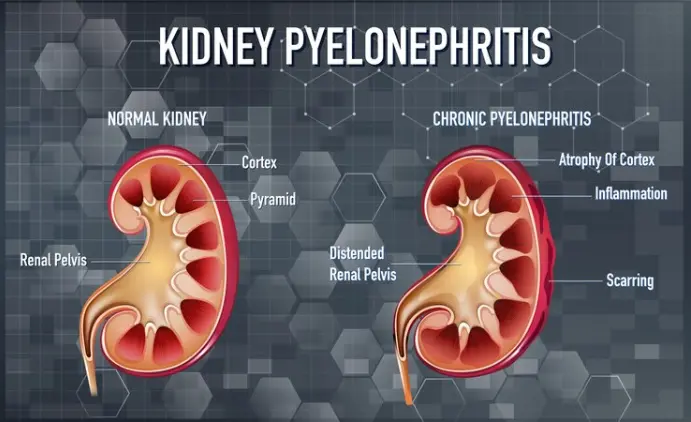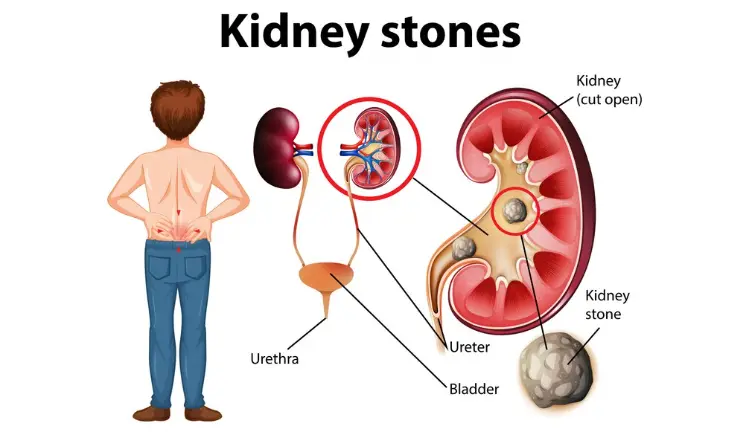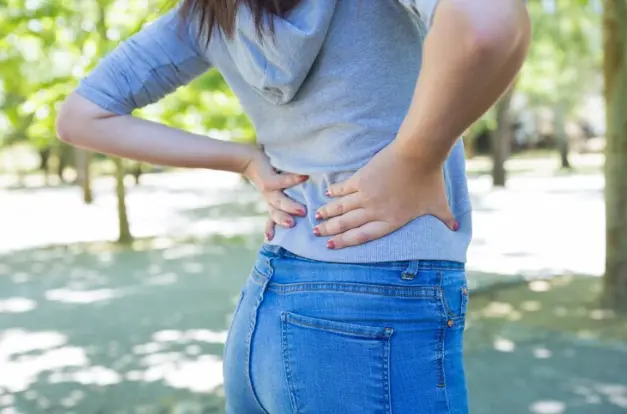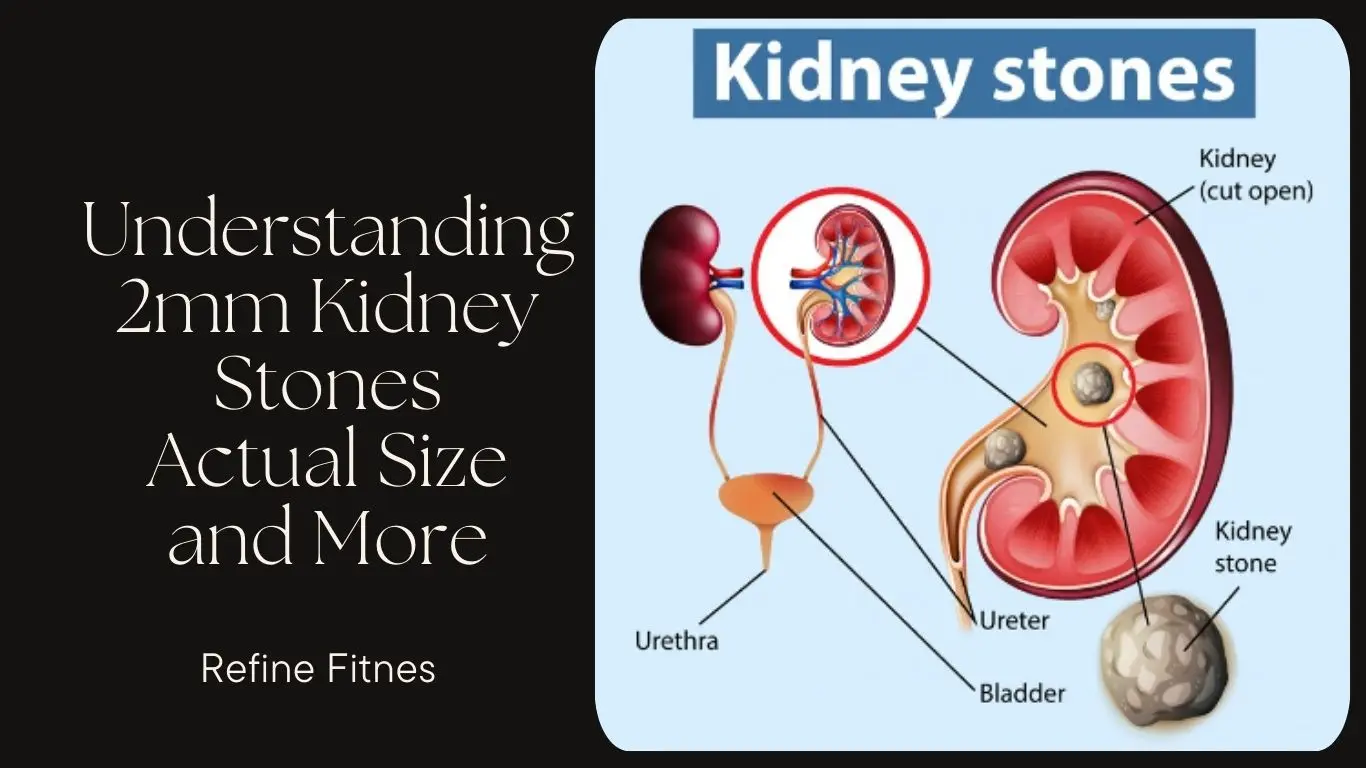Kidney stones are hard pieces that form in your kidneys when minerals and salts in your urine stick together. When stones are small, especially around 2mm in size, they often pass through our bodies without us even noticing. However, they can still cause a lot of pain and trouble. This article will give you a clear idea of what a 2mm kidney stone looks like, how it can affect your health, and what you can do about it.
What is a 2mm Kidney Stone?
A 2mm kidney stone is very tiny, about the size of a small sand grain. Despite its small size, it can move through the urinary tract and may cause discomfort or pain as it passes. It is important to understand that even small stones can affect your body.
The Actual Size of a 2mm Kidney Stone
To imagine the size of a 2mm kidney stone, think about a small sand grain. It’s so small that you might not see it well without a close look. If you compare it to common objects, it’s smaller than the seed inside an apple but a bit bigger than a grain of table salt.
How Do Kidney Stones Form?
Kidney stones form when there are more crystal-forming substances in the urine, such as calcium, oxalate, and uric acid, than the fluid in your urine can dilute. Over time, these substances stick together and form stones. Not drinking enough water is a common reason people get kidney stones because less fluid in the urine means it’s easier for these materials to stick together.
Symptoms of a 2mm Kidney Stone
A 2mm kidney stone might pass without causing symptoms. However, if the stone moves into the ureter, the small tube connecting the kidney to the bladder, it can cause pain. This pain can be sharp and sudden. You might also feel pain in your lower back, side, or abdomen. Other symptoms include:

- Nausea
- Vomiting
- Urge to urinate more often
- Pain when urinating
- Blood in your urine, making it pink, red, or brown
Treatment Options for Small Kidney Stones
Most small kidney stones, like a 2mm stone, can pass through your urinary tract on their own. Doctors often recommend:

- Drinking lots of water to help flush out the stone
- Pain relievers such as ibuprofen or acetaminophen to relieve pain
- Prescription medications to make passing the stone easier
In rare cases where the stone causes severe symptoms, other treatments might be needed, such as using sound waves to break the stone into smaller pieces.
Prevention Tips for Kidney Stones
Preventing kidney stones is key, especially if you’ve had them before. Here are some simple steps you can take:

- Drink plenty of fluids, especially water.
- Limit salt and animal protein in your diet.
- Get enough calcium from food, rather than supplements.
- Eat fewer oxalate-rich foods (like spinach and almonds).
- Stay at a healthy weight, as obesity can increase the risk.
Frequently Asked Questions About Kidney Stones
Can a 2mm kidney stone cause damage?
Although small, a 2mm stone can still cause pain and discomfort. It’s rare for such a small stone to cause significant damage.
How long does it take to pass a 2mm kidney stone?
It varies, but most small stones pass within a few days to a few weeks. Drinking plenty of fluids helps speed this process.
Should I see a doctor for a small kidney stone?
Yes, if you suspect you have a kidney stone, even a small one, it’s wise to consult a doctor. They can provide guidance and treatment to help manage pain and prevent complications.
Conclusion
A 2mm kidney stone is tiny but can be mighty in terms of the discomfort it causes. Understanding its size, symptoms, and treatment can help you manage this health issue better. Remember, the best way to deal with kidney stones is to prevent them from forming in the first place by staying hydrated and making smart dietary choices.
This guide aims to simplify understanding small kidney stones and how to handle them, with a focus on readability and clear, concise information. Drink plenty of water, watch your diet, and consult your doctor if you experience symptoms of kidney stones. By following these tips, you can reduce your risk of developing stones and maintain good health.

